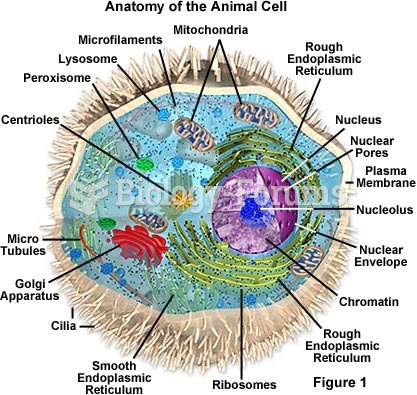|
|
|
The National Institutes of Health have supported research into acupuncture. This has shown that acupuncture significantly reduced pain associated with osteoarthritis of the knee, when used as a complement to conventional therapies.
More than 34,000 trademarked medication names and more than 10,000 generic medication names are in use in the United States.
When blood is deoxygenated and flowing back to the heart through the veins, it is dark reddish-blue in color. Blood in the arteries that is oxygenated and flowing out to the body is bright red. Whereas arterial blood comes out in spurts, venous blood flows.
In 1864, the first barbiturate (barbituric acid) was synthesized.
Bacteria have been found alive in a lake buried one half mile under ice in Antarctica.






